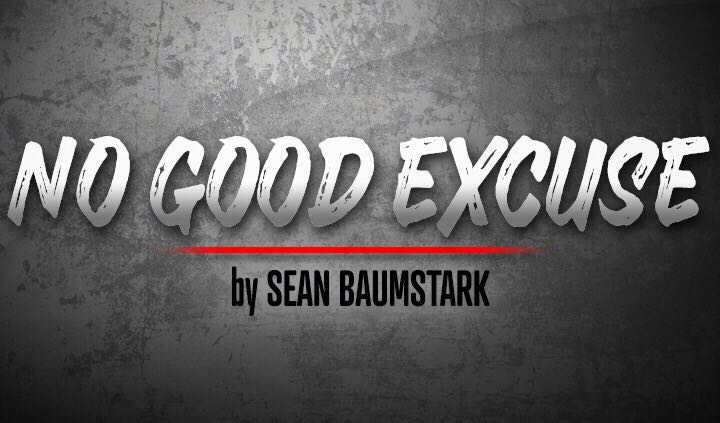Making Excuses or Taking Responsibility? We Must Choose
Written by |

Those who know me know that I have little, if any, tolerance for poor service. I’m sure this is deeply rooted in my years of working in the service industry. I’ve worked in restaurants, hotels, and grocery stores. All three jobs put me face-to-face with guests and customers.
My current job is in the training department for a grocery chain that receives accolades and continues to grow because of our commitment to providing world-class service. I teach new associates about the company’s expectations for serving our guests.
For us, everything — and I mean everything — centers around each associate “ensuring total guest satisfaction.” That is the highest priority. From our hands-on CEO to our behind-the-scenes IT team, everyone has the same goal.
My experiences have helped me to develop a pretty good understanding of what good service is — and isn’t. I can easily be a raving fan of an establishment or the guy who tells the world through social media, bus benches, and billboards (I’m exaggerating) to avoid doing business with places that lack world-class, or even just good, service.
Some of my friends love going out to eat with me. Others get nervous, especially when we try a place for the first time.
My standards are high, but they aren’t outrageous. When I’m at a restaurant and my order comes out wrong, I expect someone to own the mistake and fix it. I don’t ask for a manager right away nor do I start screaming. I simply point out the mistake and I see what the server proposes as a fix.
Mistakes happen and everyone messes up at times. That is almost never the issue for me. What I want is for the mistake to be resolved. The worst thing a business, or someone representing that business, can do is make excuses.
Excuses are bad. Always bad, never good. An excuse passes blame.
I recently was given an excuse as to why my garage was blocked for the third time, keeping me from being able to park and utilize what I need to exit my car and unload my wheelchair.
The person blocking my garage wasn’t aware of the hardship she had created for me. She was apologetic and worked quickly to remedy the problem. But the person she reports to was quick to add an excuse to his apology.
When we offer an excuse with an apology, we fail to take responsibility and we pass the buck. We dilute, if not completely negate, the apology.
I’m sure we’ve all done it. “I’m sorry, but my alarm didn’t go off,” or “I’m sorry, but I thought you were mad at me.” An apology accompanied by a “but.”
I think we need to choose ownership with an apology (and stop there) or choose to blame someone or something else. Either can and will be relevant, but they shouldn’t coexist.
I didn’t respond to the gentleman who thought he was sorry. I knew that if I opened my mouth, edifying words would not come forth. I’m confident he correctly read my facial expression and shrugging body language.
I was frustrated, but I’m also grateful for the experience. My recent commitment, when faced with frustrating or upsetting moments, is to evaluate myself and ask, “Do I do that?”
This is stretching my “no good excuse” philosophy and is challenging me to get better.
***
Friedreich’s Ataxia News is strictly a news and information website about the disease. It does not provide medical advice, diagnosis, or treatment. This content is not intended to be a substitute for professional medical advice, diagnosis, or treatment. Always seek the advice of your physician or another qualified health provider with any questions you may have regarding a medical condition. Never disregard professional medical advice or delay in seeking it because of something you have read on this website.



Leave a comment
Fill in the required fields to post. Your email address will not be published.